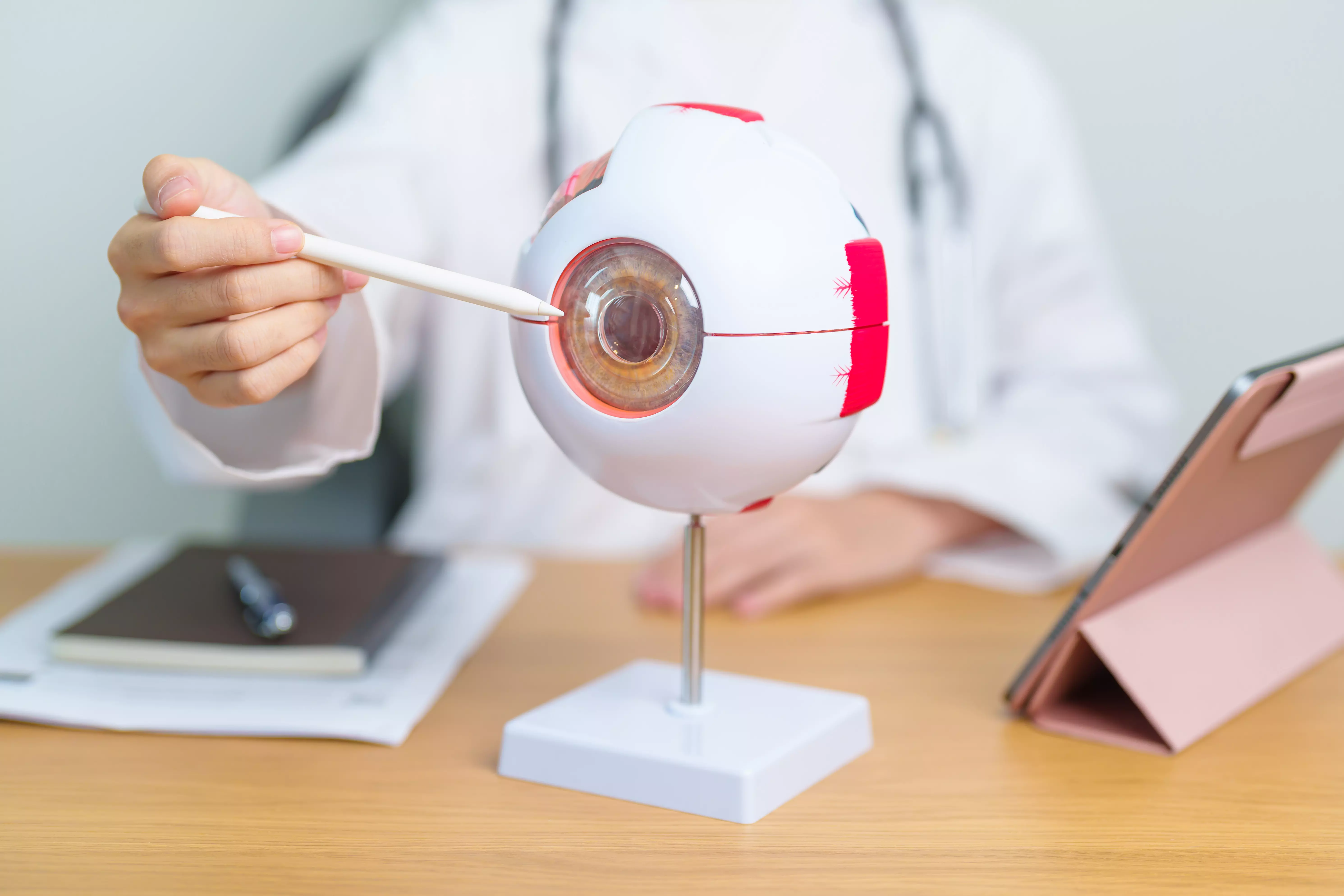Research on diabetic retinopathy
Research on diabetic retinopathy
Diabetic retinopathy is one of the main complications that occur in people with diabetes. It is a disease that affects the retina and can lead to decreased vision and even vision loss. Therefore, research on diabetic retinopathy is crucial to identify risk factors and create effective treatments and prevention.
What is diabetic retinopathy?
Diabetic retinopathy is the result of damage to blood vessels in the retina caused by long-term high blood glucose levels. Chronic elevated levels of sugar in the body lead to blood vessel damage, which in turn leads to changes in the retina.
In the early stages of diabetic retinopathy, changes in the retina may not be noticeable. However, as the disease progresses, blood vessels may rupture, leading to hemorrhages and the formation of new, unstable blood vessels. These changes can cause vision loss and pose a serious threat to people with diabetes.
Research on diabetic retinopathy
Research on diabetic retinopathy is extremely important to understand the mechanisms of the disease and to develop more effective treatments and prevention methods. Researchers around the world are conducting numerous studies that focus on various aspects of diabetic retinopathy. The following are some important studies that can help improve diabetes care:
1. Genetic research
Genetic research allows scientists to identify genes that may affect the risk of diabetic retinopathy. The discovery of such genes would allow a better understanding of the pathogenesis of the disease and identify those most at risk of developing diabetic retinopathy.
2. Gene therapy research
Gene therapy is a promising treatment for diabetic retinopathy. Gene therapy research focuses on inserting or modifying genes in retinal cells to improve the function of damaged blood vessels. The results of these studies are promising, but still need further clinical trials.
3. Antihypertensive drug research
Research on antihypertensive drugs shows their potential effectiveness in treating diabetic retinopathy. These drugs are designed to control blood pressure and reduce the risk of damage to blood vessels in the retina. The results of these studies may contribute to the development of new drug therapies for the treatment of diabetic retinopathy.
4. Biomarker research
Research on biomarkers, or biological indicators, can help identify patients with diabetes who are at higher risk of developing retinopathy. By identifying specific biomarkers, doctors would be able to apply prevention and therapeutic measures earlier, helping to improve care for patients with diabetes.
Summary
Research on diabetic retinopathy is vital to understanding the mechanisms of the disease and developing effective treatments and preventive measures. Scientific discoveries in the fields of genetics, gene therapy, antihypertensive drugs and biomarkers will help improve medical care for patients with diabetes. Collaboration between scientists, physicians and patients is key to working together to combat diabetic retinopathy and prevent the neurological complications of the disease.

Add comment